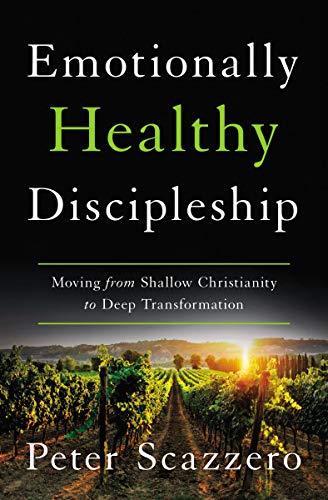
You want to know what time of year it is? Just walk down the aisles of your local Walmart. Or any store like it. New Year’s Day. Super Bowl. Valentine’s Day. St. Patrick’s Day. Easter/Spring. Mother’s Day. Memorial Day. Father’s Day. Fourth of July. Back to School. Halloween. Thanksgiving. Christmas Holidays. And the cycle repeats.
It’s all quite liturgical is it not? What I mean by liturgical here is that the “seasons” listed above, along with a few others, are the ceremonies by which our lives are run. You walk into Walmart and you see the chips and dips set out and you remember, “Oh yeah! It’s time to get ready for a Super Bowl party.” Or you see red, white, and blue cookies along with USA cupcakes and of course, barbecue sauces and you immediately begin to think, “So wonder what we should do for a July 4th cookout?”
I realized these days and seasons are part of our culture. It’s the things we do as folks living in America. But I want to push back a bit on these things however. Why? Because these events are forming our life story. Whether we want them to or not, these yearly habits are making us who we are. Is this a problem? Possibly. Why? Well, according to James K. Smith, our “cultural practices can be dangerous when we fail to realize that these aren’t just things we do but things that do something to us.”
Think about what Smith is saying here. Our practices are things “that do something to us.” Now Smith is specifically referring to daily habits here, but no doubt our yearly rituals are just as formational as we pattern our year by the various seasons and holidays. So the question I have for us is to what are we being formed in to? What story is being written for us by our culture? Now I realize that Christmas and Easter are in our societal milieu, but I dare write that the Christmas and Easter promoted in local stores are from a much more consumeristic mindset.
So I think we have to acknowledge that there is an “American liturgy.” One that is to make us more…well…American? Now is there anything wrong with being American? Of course not! Though I will have to acknowledge that American exceptionalism is going way too far. We as Americans should not be the people by whom we measure the success or failure of every other country or nation.
However, for those of us who follow Christ, there is another story we are to be formed by. And it’s not dictated by what’s in the seasonal section at Walmart. Nor is it the American story. It’s the story of the God who creates, sustains, rescues, restores and renews. It’s the story of a God who not only forms everything by his very word, but enters that which he has made by becoming a part of it. And why does he do this? To save it! In fact, he does the unthinkable by allowing himself to be pushed into the most heinous death and humiliation possible in the first century; death on a cross. But it doesn’t stop there. From his death comes a resurrection. New life enters the world. Heaven has come to earth. That which had run amuck is now being released from the evil that had covered the earth for centuries…no thanks to us as humanity. So this is OUR STORY! And this is what the church needs to base its yearly calendar upon.
So here’s the question: Am I saying that churches should become more liturgical? And by that I mean follow a systematic reading and study of Scripture from Sunday to Sunday that tells God’s story from year to year? Well, I’m a baptist and so I’m conditioned to get a little worried about following anything too sanctioned, but I do think we should give it some thought. And the reason why is because the story that needs to rewrite our lives is not the one on display at our local stores. But this isn’t going to happen unless we as a church learn to celebrate and give attention to “our seasons.” And I feel we must do so because if not, the story that Walmart tells might just form us more than the story of Scripture.
Leave a Comment





